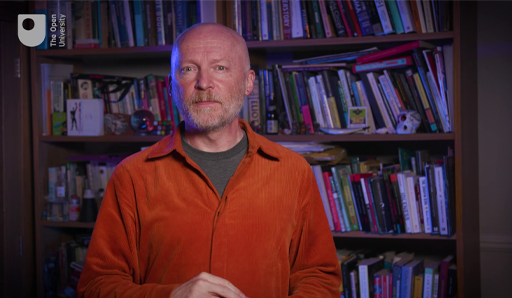Week 1: Chance and chaos
Introduction
Mathematics has long been associated with certainty. For example, the equation 2 + 2 = 4 has been a synonym for evident truth since at least the middle of the 16th century, whereas the equation 2 + 2 = 5 has become a synonym for the opposite (most notably in George Orwell’s dystopian novel Nineteen Eighty-Four). But, as you will see, there are parts of mathematics where certainty is a commodity in short supply.
The two mathematical ideas you’ll explore this week are chance and chaos – both of which will be demonstrated through the rolling of dice.
Here’s Marcus to introduce this week’s topic.

Transcript: Video 1 Introduction
By the end of this week, you should be able to:
- understand the basic concept of probability
- explain the use of probability in the context of rolling dice
- understand the notion of mathematical chaos, and what is meant by sensitivity to initial conditions
- explain the problem of the stability of the solar system, and how it can be modelled mathematically
- appreciate the difficulties inherent in predicting chaotic systems, like weather forecasting.
The Open University would really appreciate a few minutes of your time to tell us about yourself and your expectations for the course before you begin, in our optional start-of-course survey [Tip: hold Ctrl and click a link to open it in a new tab. (Hide tip)] . Participation will be completely confidential and we will not pass on your details to others.
